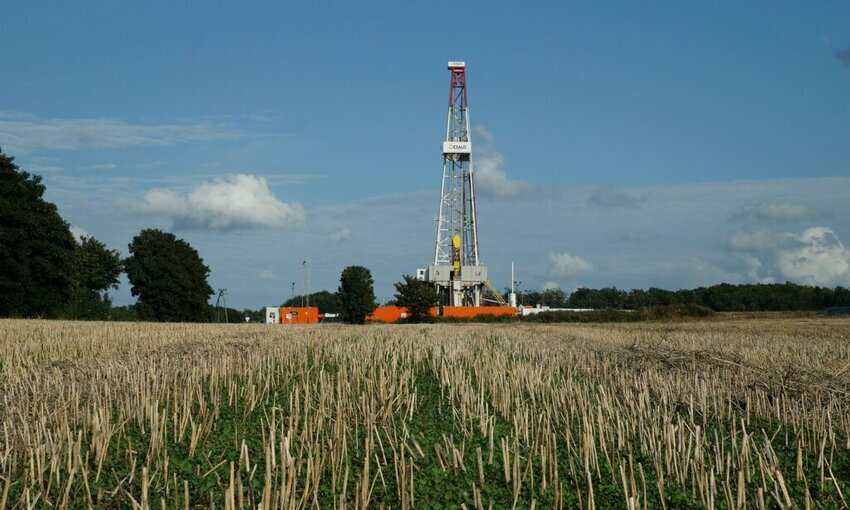 (Credit: Pixabay)
(Credit: Pixabay)BP will receive renewable natural gas as part of a $175 million, 10-year offtake agreement with Divert as the oil and gas industry seeks more ways to lower carbon emissions, even as some of those methods face scrutiny.
The renewable natural gas (RNG) BP is purchasing is being produced through food waste digestion that will be generated at three Divert facilities that are in development in California, Pennsylvania, and Washington. Divert says the agreement is one of the largest known renewable natural gas offtake deals from food waste digestion in the United States and will offset nearly 40,000 metric tons of carbon dioxide per year.
Achieving that kind of offset is something the oil and gas industry, which is among the most carbon-intensive, is attempting to prioritize. The industry accounts for 9% of the world’s greenhouse gas emissions, according to McKinsey & Company, but when the emissions from its products are factored in that accounts for another 33% of the global total.
That has led to many efforts to reduce carbon in the industry. While hydrogen production or procuring RNG is becoming more common, among the most popular projects is carbon capture and storage.
The market for carbon capture is expected to grow quickly, according to multiple estimates. A report by Grandview Research says it will grow by 6% a year through 2030, but another from ExxonMobil says it will be valued at $4 trillion by 2050.
Oil and gas companies have seen steady involvement in the effort, with Equinor, Shell, and TotalEnergies building what is said to be the world’s first industrial carbon capture and storage project in the Northern Lights development in Europe. Chevron is also building facilities in Texas and California, and ExxonMobil is expanding a site in Wyoming.
Additionally, carbon capture and storage is a significant piece of recently passed legislation in the Inflation Reduction Act, as well as new laws on the state level in California.
Still, some of the results, and intent, of such projects remain in doubt. The Washington Post reports that carbon capture projects help the oil and gas industry because carbon is injected into the ground, which in turn helps extract crude. A study by the Institute for Energy Economics and Financial Analysis found that of 39 million tons of carbon captured annually, 73% is used to extract more oil and gas as opposed to simply being stored.
The Washington Post report also says during the Obama Administration the DOE spent $1.1 billion on 11 pilot carbon capture and storage projects, and just two are currently operational. New Orleans banned carbon capture in June 2022 in part because of safety concerns surrounding carbon-filled storage containers and pipelines around the city, according to the Post.
In terms of overall sustainability transitions, a report by Sustainable Fitch found that no oil and gas company has developed a business strategy that includes low-carbon emissions operations and renewable energy use that provides a clear path from fossil fuel production. The report says the industry should develop transition plans that include changes to business strategy and capital expenditure.
Oil and Gas companies are still working on other lower carbon projects, such as the BP effort with Divert. Shell, for example, is building the largest green hydrogen plant in Europe.
This also isn’t the first RNP project from BP. Last year the company made a 15-year purchase agreement to receive RNG made from poultry litter.
According to the EPA, there were more than 150 RNG operations in the US in 2021. RNG can be used to produce electricity, fuel vehicles, or as a part of thermal applications.
The BP offset agreement, which means the purchase will help finance the building of the facilities, will also help address food waste and additional processes for decarbonized energy, Divert says. Divert says it is the largest anaerobic digester of wasted food in the US and processes more than 232,000 tons of food waste a year.
BP has a goal to reach net zero across its operations by 2050.